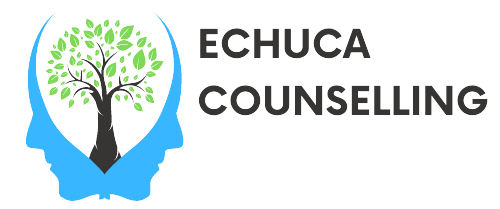In today’s fast-paced world, the nature of our work can significantly impact our overall wellbeing. Stressful jobs, especially those that consistently demand long hours, high mental or physical strain, and offer little satisfaction, can take a toll on our health and happiness. Here’s why they might not be worth the sacrifice:
1. Health Implications: Chronic stress from demanding jobs can lead to serious health issues, including heart disease, hypertension, diabetes, and mental health disorders like anxiety and depression. The physical and psychological strain of continuous stress can also weaken the immune system, making you more susceptible to illnesses.
2. Impact on Personal Life: Stressful jobs can encroach on personal time, reducing opportunities for relaxation and quality time with loved ones. This imbalance can strain relationships, decrease life satisfaction, and impact your social life.
3. Diminished Productivity: While some stress can enhance focus and energy, too much stress can actually decrease productivity. Chronic stress impairs concentration, decision-making, and creativity, leading to burnout and reduced professional performance.
4. Emotional Exhaustion: High-stress jobs can leave individuals feeling persistently tired, drained, and devoid of enthusiasm, often leading to emotional exhaustion. This state can diminish the sense of personal accomplishment and satisfaction with one’s career.
5. Long-Term Career Satisfaction: Continuously working in a high-stress environment can affect your long-term career satisfaction and professional growth. It might lead to a premature exit from a chosen career path or result in missed opportunities due to burnout.
Alternatives to Consider:
- Seeking a Balanced Role: Look for jobs that offer a better balance between work and life, which can lead to sustained career satisfaction and personal happiness.
- Setting Boundaries: Implementing strict boundaries between work and personal life can help manage stress. This includes having clear start and end times to your workday.
- Developing Coping Strategies: Learning effective stress management techniques such as mindfulness, meditation, or regular physical activity can mitigate the effects of job stress.
- Professional Change: Sometimes, a change in career or job role is necessary to escape a high-stress situation. Exploring other career options that align more closely with your personal values and desired lifestyle might be beneficial.
While all jobs have elements of stress, it’s important to evaluate whether the stress in your current role is manageable or if it’s undermining your health and happiness. Remember, no job is worth sacrificing your wellbeing. If you are experiencing overwhelming job stress and need support, consider reaching out to Echuca Counselling for guidance on how to manage stress and make necessary life adjustments. Our professional team can offer strategies to help you achieve a healthier work-life balance.






